WAITRO Event Series: Capacity Development on Diversity in International Research Cooperation
Navigating Diversity in International Research Projects
The WAITRO Event Series: Capacity Development on Diversity in International Research Cooperation was organized by the WAITRO Office Germany with the aim of ensuring long-time partnerships that are sustainable and successful. Three online events were developed to enable the participants to face persistent challenges regarding inequalities in research, and cross-border collaborations.
Roundtable on Managing Diversity in International Research
On June 2nd, it took place the first event of the series: “Roundtable on Managing Diversity in International Research”. This event was focused on discussing different perspectives regarding international cooperation, its challenges and ways to overcome them. Jakob Feldtfos Christensen, founder and director of Diversiunity, moderated the event and introduced the guest speakers:
Joy Owango, Executive Director of Training Centre in Communication (TCC), Kenya, mentioned the difficulties of building strategic partnerships between the Global North and Global South. According to her, one of the main disadvantages of this kind of collaboration regards funding and the topics of research. For instance, African Researchers need to follow European Agendas in order to get funding.


Prof. Imran Rahman, Advisor at Center for Sustainable Development, Vice-Chancellor of University of Liberal Arts, Bangladesh. He talked about the benefits of internationalization such as technical advantages, testing new ideas, experiencing new contexts, exchanging ideas, etc. Yet, Bangladesh hasn’t developed a strategy to increase internationalization in universities or research centers.
Dr. Laura Heath-Stout, Anthropologist at University of Massachusetts, Boston, USA. In regards to internationalization and collaboration between Global North and South, she mentioned how it is easier for countries such US to get funding for research, whereas researchers from Global South struggle to apply for it. On the other hand, internationalization is limited to specific countries. For instance, in her research, she noticed that international researchers in the US focused on their native countries, which does not help promote further internationalization.

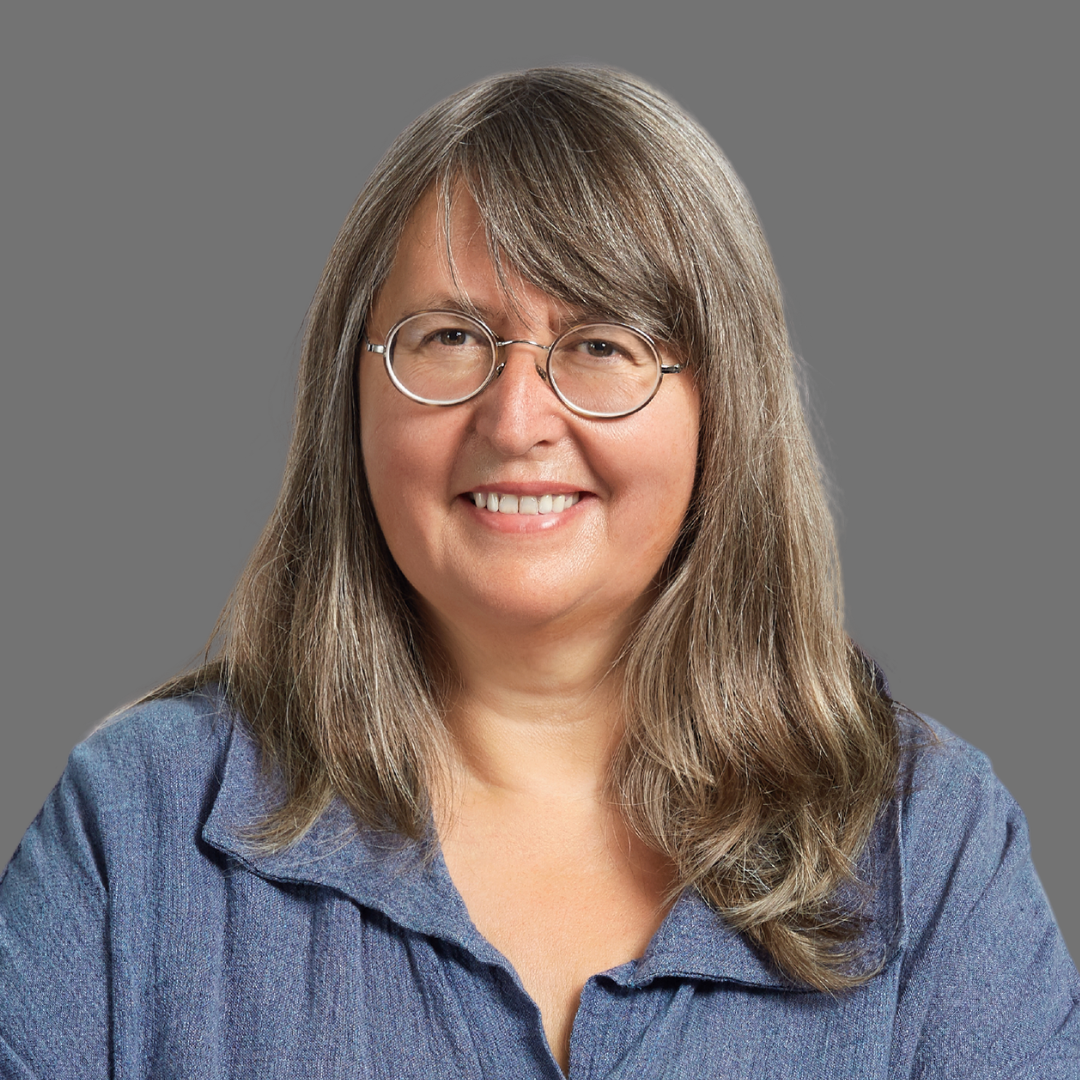
Dr. Susanne Bührer, Coordinator of Business Unit Societal Change and Innovation, Project Manager at Fraunhofer ISI, Germany. Responsible Research and Innovation (RRI) within the Framework of the European Commission was her focus.
Dr. Eugenia J. Olguín, Editor-in-Chief of Latin American Journal of Algal and Environmental Biotechnology at INECOL, Mexico. She mentioned the challenges of internationalization regarding publication. For example, the fact that scholars need to pay to publish in high-ranked journals, which is necessary for them to be part of international research environments.
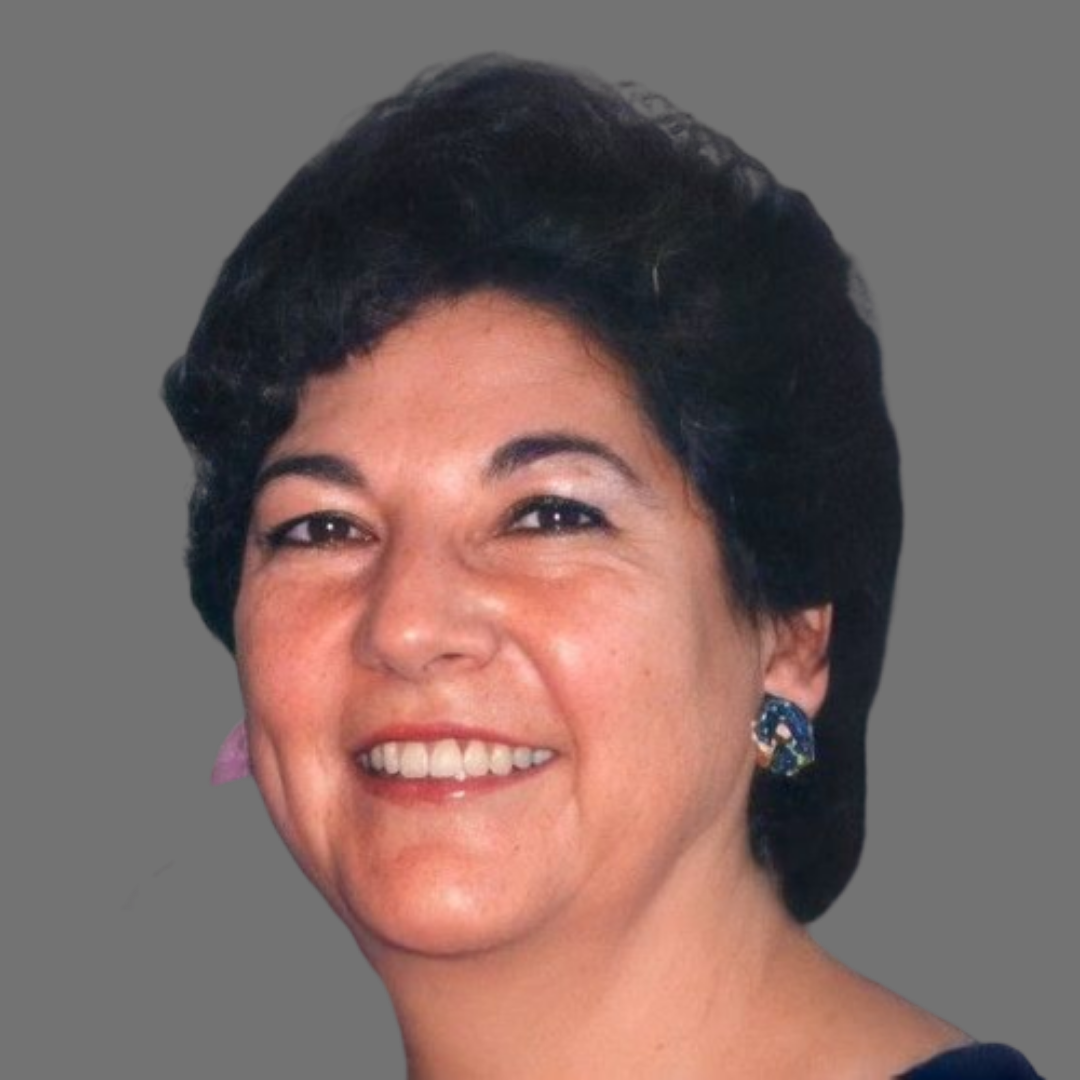

Dr. Tina Ruseva, CEO & Founder Mentessa from Germany. She showed the model of inclusive community platforms applied in her start-up. Under the idea of “Diversity is a fact and inclusion is a task”, she thinks that companies’ role nowadays is building employers’ capacities and provide them tools.
A Practical Introduction to Responsible Research and Innovation (RRI)
On June 15th, took place the second event: “A Practical Introduction to Responsible Research and Innovation (RRI)”. The aim of this event was introducing the RRI and how to use it in application-oriented research areas. The key speaker of the event was Prof. Dr. Martina Schraudner from Fraunhofer Center for Responsible Research and Innovation (CeRRI), Germany.
Dr. Schraudner’s experience as scientific director of Fraunhofer CeRRI as well as participation on national and international selection committees for application-oriented research and innovation projects made her ideal to expose key issues in regard to RRI.
Among the main topics, she discussed:
- Concept of RRI
- Link of RRI to SDGs
- Green Deal
- Importance of Mission-oriented Research
- Shift in Innovation Models
The conclusion of the event was that RRI on the level of Innovation Processes is about Anticipation, Reflexivity, Inclusion and Responsiveness.
“Mission orientation makes research exciting and important.” – Prof. Dr. Martina Schraudner
Fair Research Partnerships and the Role of Intellectual Property (IP)
The third and last event of the Series was co-organized with the Research Fairness Initiative (RFI). On June 28, guest speakers were gathered to discuss how IP Rights can conduct to fair research:
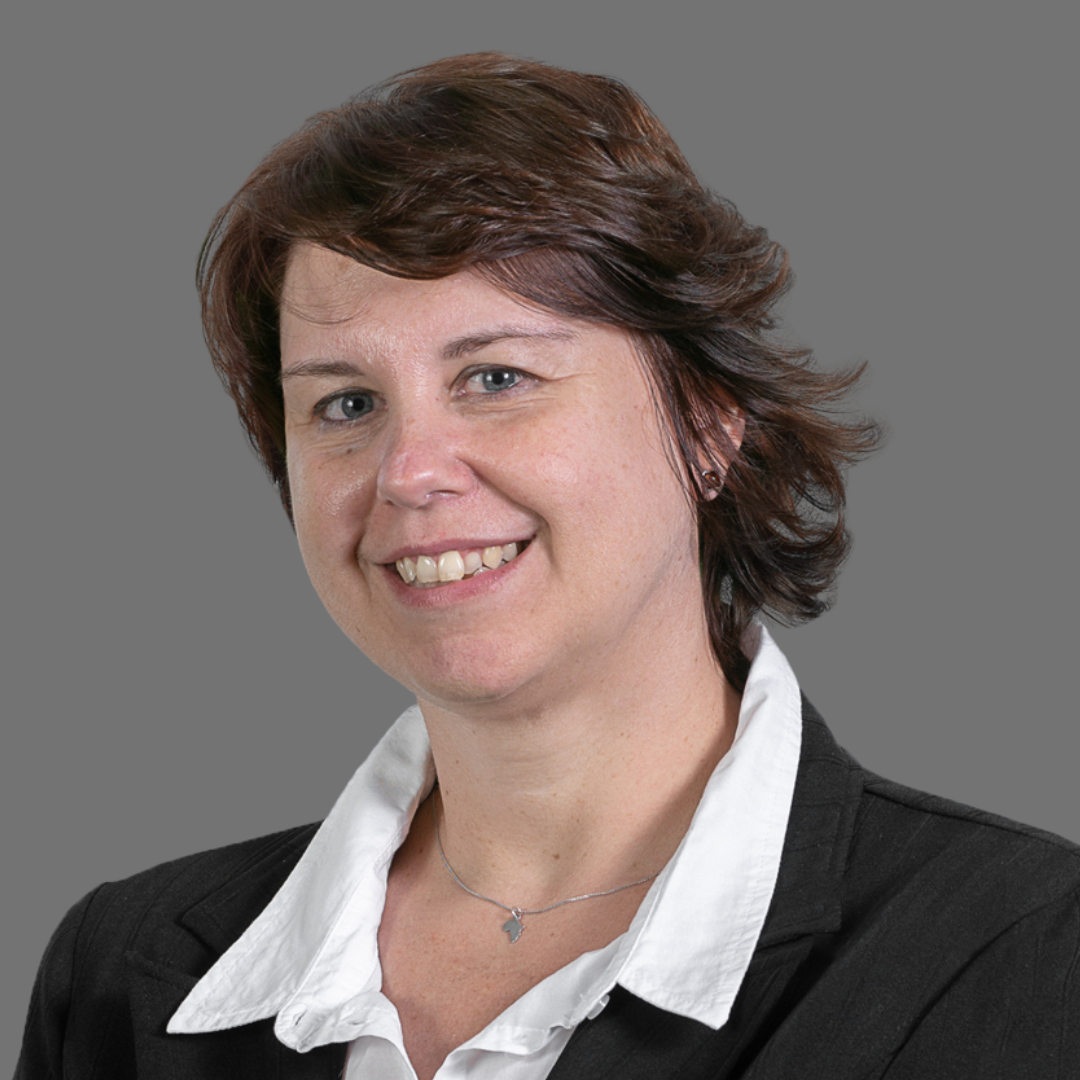
Dr. Joanne van Harmelen, Patent Attorneyat at ENSAfrica talked about IP Rights in the context of fair international collaboration. Main topics here were social development, requirements and processes to get patents, owners of IP and risks of collaborative research.
Piet Barnard, Director of Research Contracts and Innovation at University of Cape Town (UCT). He presented a case study on Tech Transfer Office. He showed detailed information about the process of transforming research knowledge into products and services.

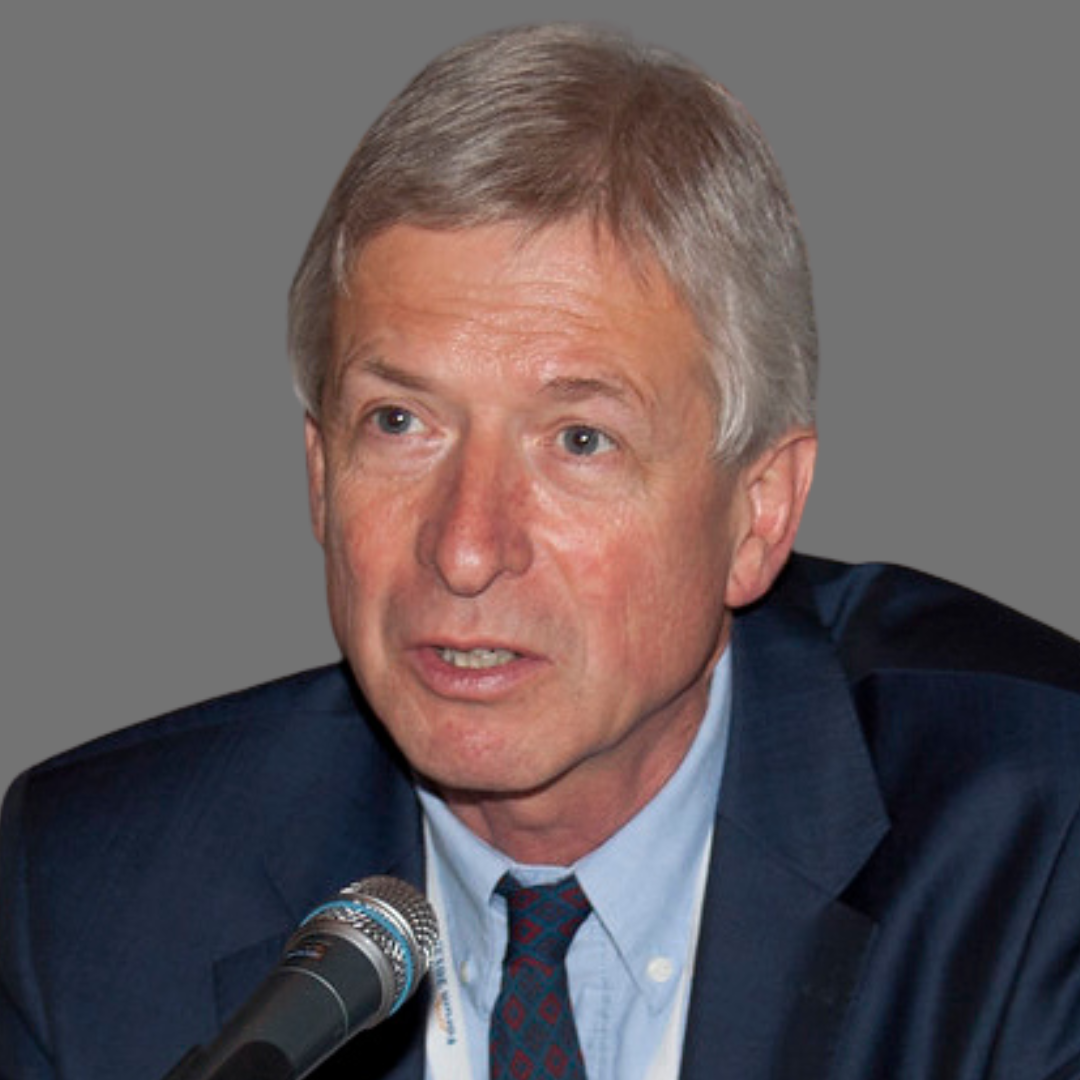
Carel Ijsselmuiden, Executive Director at Council on Health Research for Development (COHRED) gave some insights on Fair Research Contracting. Issues such as lack of capacity, training or experience on contract negotiation were discussed during his presentation.
Kirsty Kaiser, Director of Equitable Partnerships, and Bipasha Bhattachary, Director LMICs Research System Digitalisation at Council on Health Research for Development (COHRED) introduced the Research Fairness Initiative (RFI).
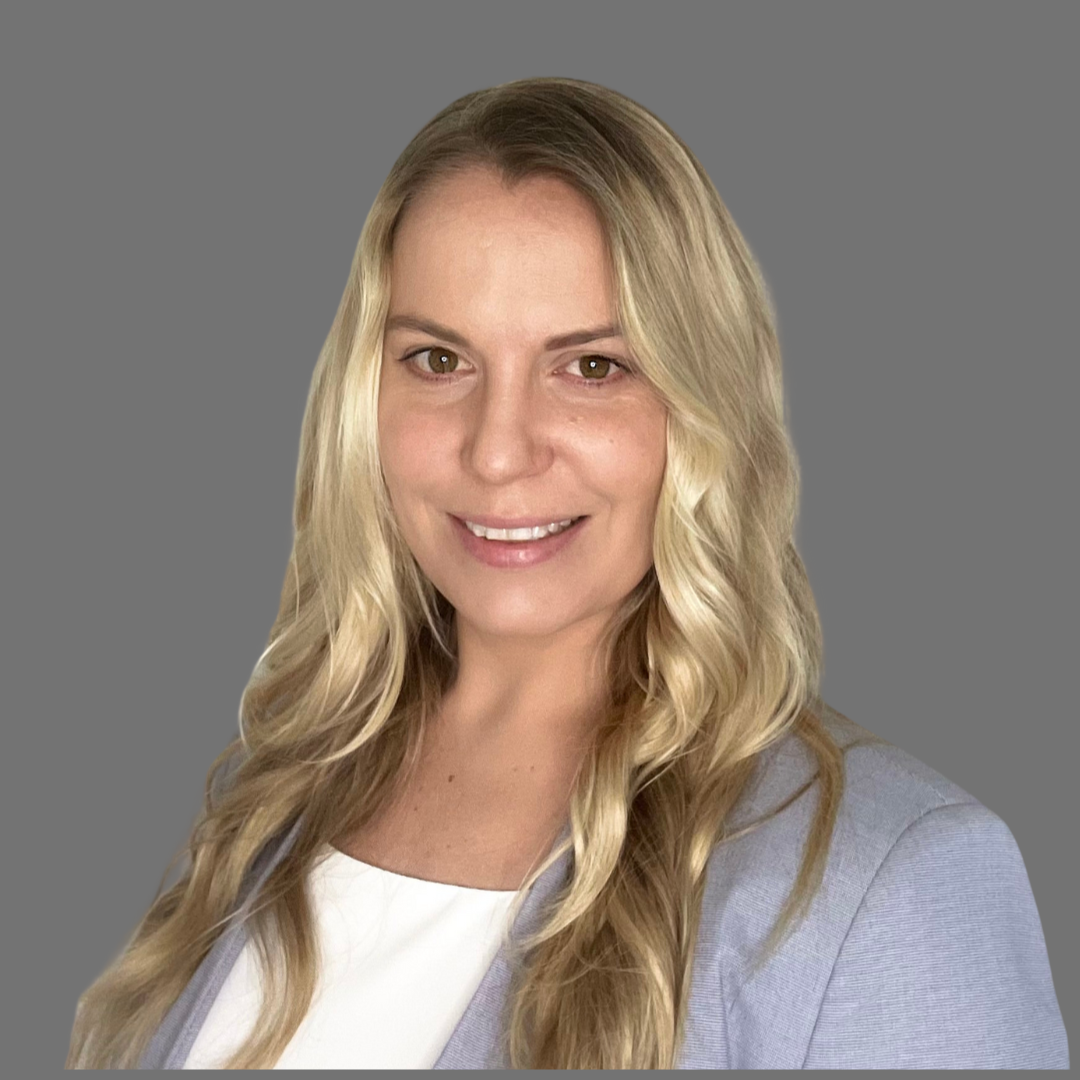
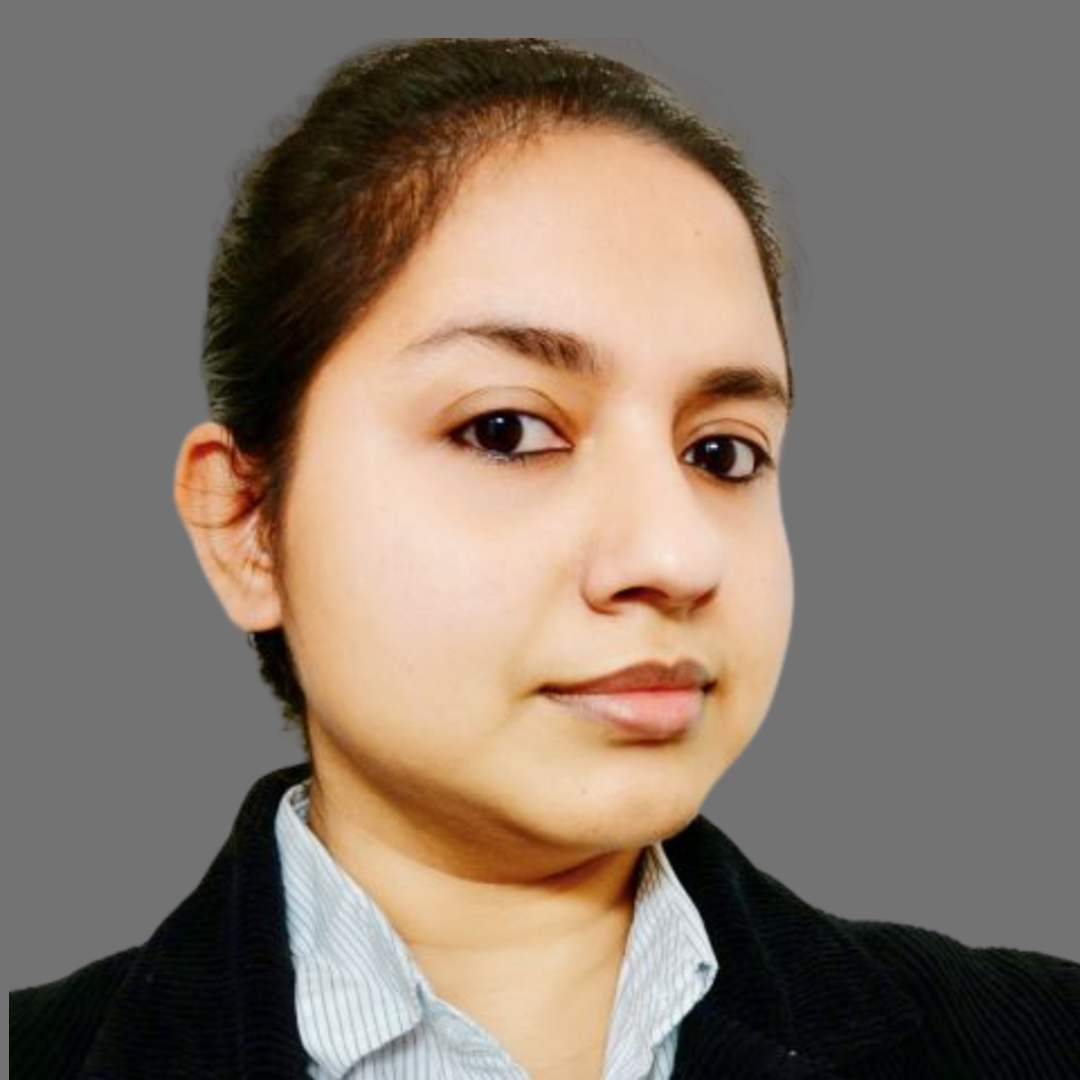
Dr. Eric Martin, Director of Evaluation at the French National Research Institute for Sustainable Development– IRD and Dr. Lyn Horn, Director Office of Research Integrity at University of Cape Town (UCT) presented their experiences of writing the RFI report in their institutions.
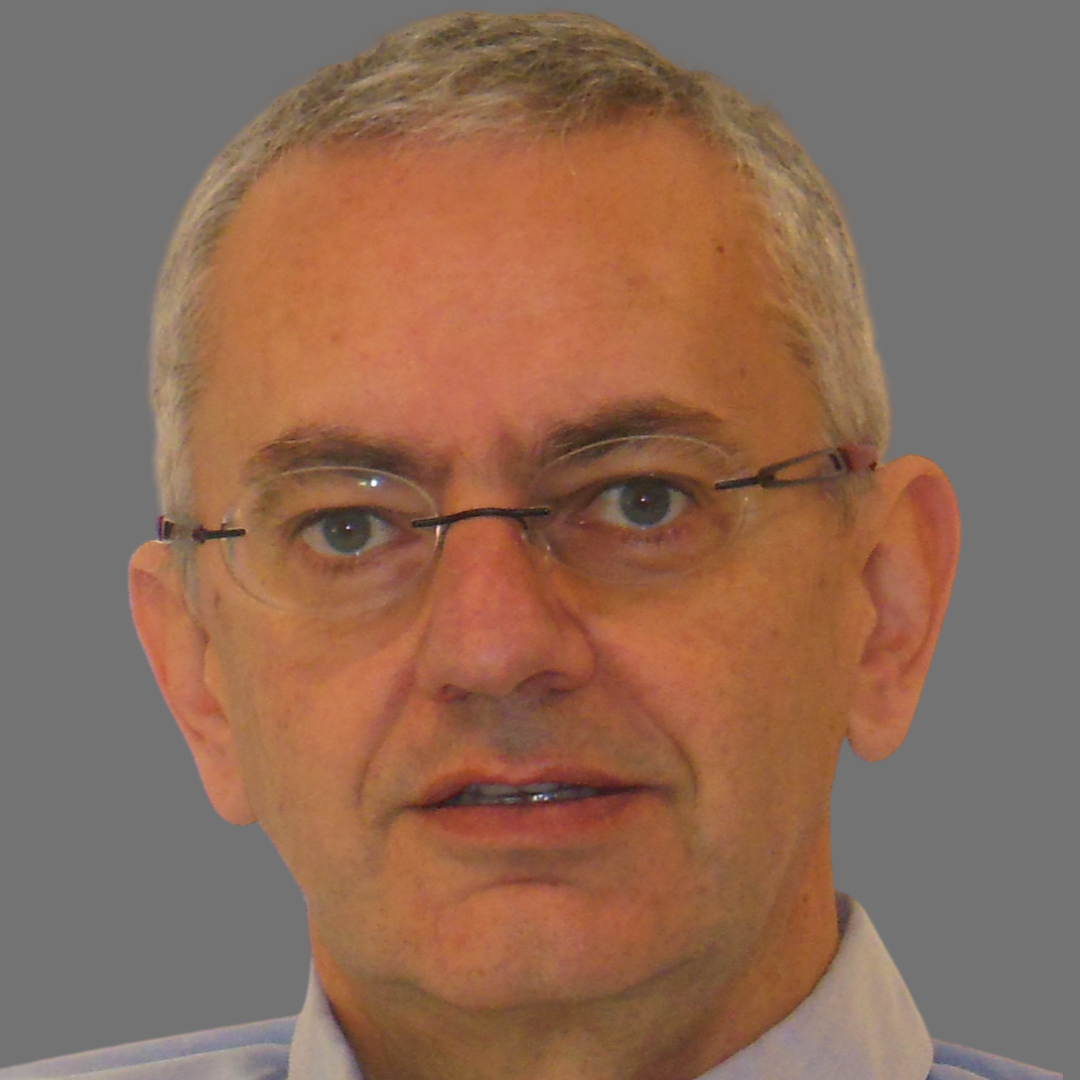
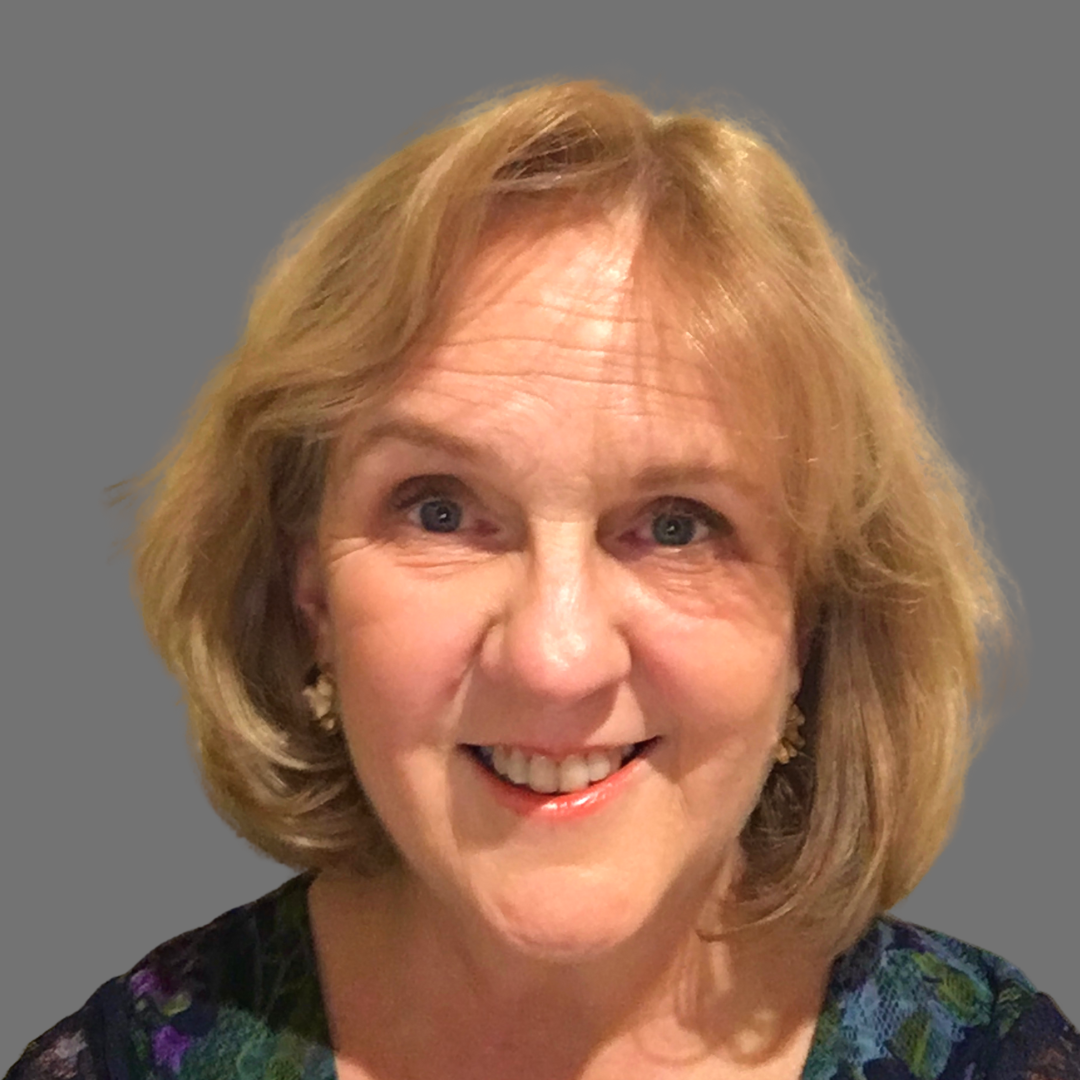
With more than 180 registrations for the three events, the WAITRO Secretariat Office Germany was happy to close the Event Series. The participants had the opportunity to learn practical skills and be part of essential discussions regarding fair research, internationalization and partnerships.
We would like to keep building our members’ skills. Thus, the WAITRO Secretariat created a survey feedback survey to improve WIATRO’s programs. By filling out the quick survey, the participants have access to the resources.
Click here to get access to the survey.
